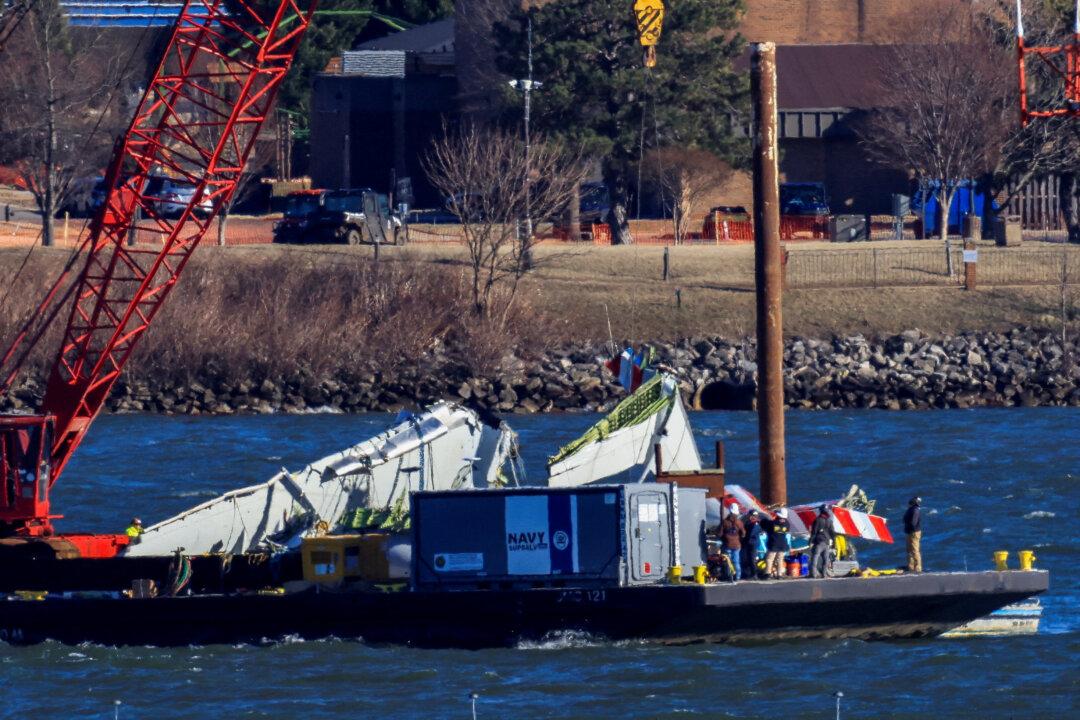A key safety system was off in the U.S. Army helicopter that collided with a plane near Washington in January, a senator said on Feb. 6.
The Black Hawk helicopter had turned off its automatic dependent surveillance broadcast (ADS-B), an advanced surveillance technology to track aircraft location, Sen. Ted Cruz (R-Texas) told reporters after a briefing with officials from the National Transportation Safety Board (NTSB) and Federal Aviation Administration (FAA).





